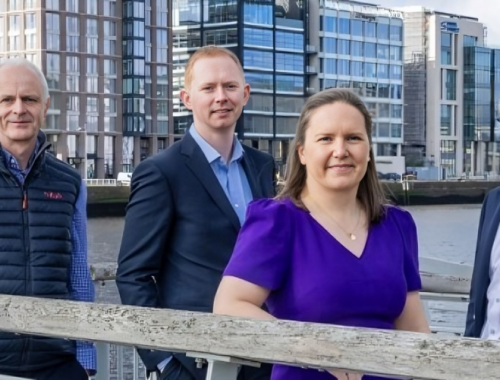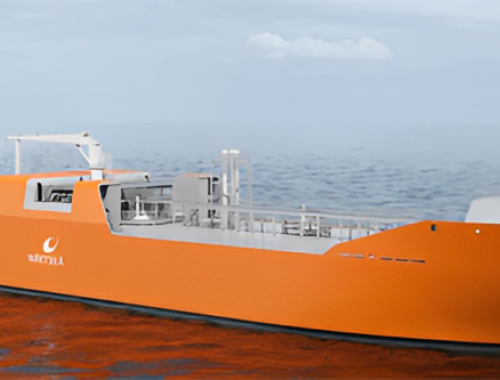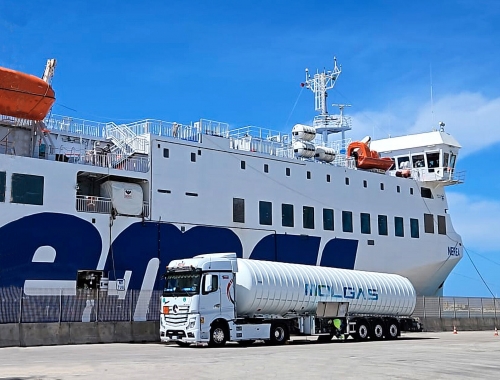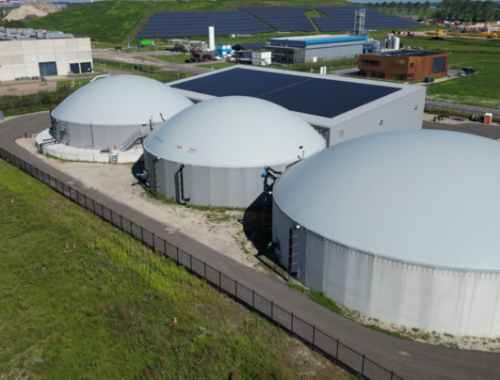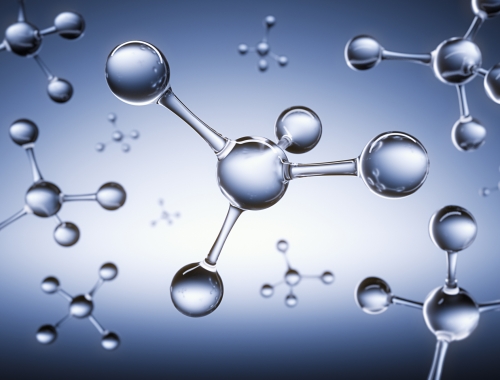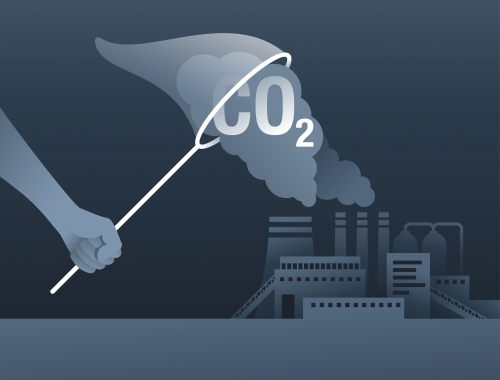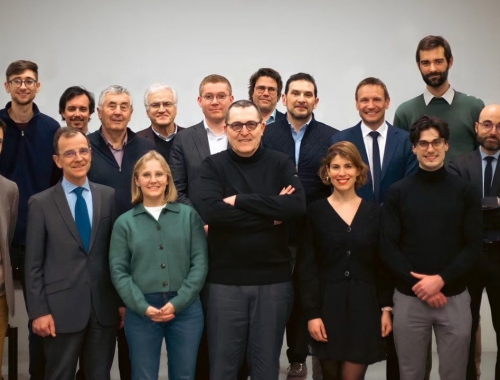Quartet to develop liquid hydrogen carrier
SUMMARY
GTT, TotalEnergies, LMG Marin and Bureau Veritas will leverage their combined expertise and know-how to develop a large-scale LH2 carrier concept.
By Shardul SharmaPOSTED IN:
GTT, TotalEnergies, LMG Marin and Bureau Veritas have signed an agreement for a joint development project (JDP) to develop a 150,000 m3 capacity liquid hydrogen (LH2) carrier concept design fitted with GTT’s membrane-type containment system, GTT said on April 27.
The partners will leverage their combined expertise and know-how to develop a large-scale LH2 carrier concept that can be implemented on an industrial scale for the maritime transport of liquefied hydrogen.
TotalEnergies will work on defining the vessel’s specifications including operational profile; GTT will design the membrane containment system, considering the constraints related to liquefied hydrogen; LMG Marin will define the concept design of the LH2 carrier adapted to TotalEnergies’ specifications and taking into account the constraints related to the membrane containment system; and Bureau Veritas will conduct a risk assessment and review the design in accordance with the latest regulatory requirements and will ensure it meets Bureau Veritas’ rules with the goal to deliver an approval in principle.
GTT said that low-carbon hydrogen offers a promising solution to decarbonise hard-to-electrify industries as well as heavy-duty terrestrial mobility, long-distance aviation and maritime shipping. Hydrogen is also a solution for large-scale energy storage and could be used to generate distributable power to complement intermittent solar and wind power sources.
“In the future, continents such as Europe or some Asian countries may need to import hydrogen on a large scale to complement domestic production,” it said.
The ability to transport by sea very large volumes of hydrogen in liquefied form at -253°C is one of the major technological challenges to be overcome to set up a reliable, efficient and competitive global carbon-free hydrogen value chain.

